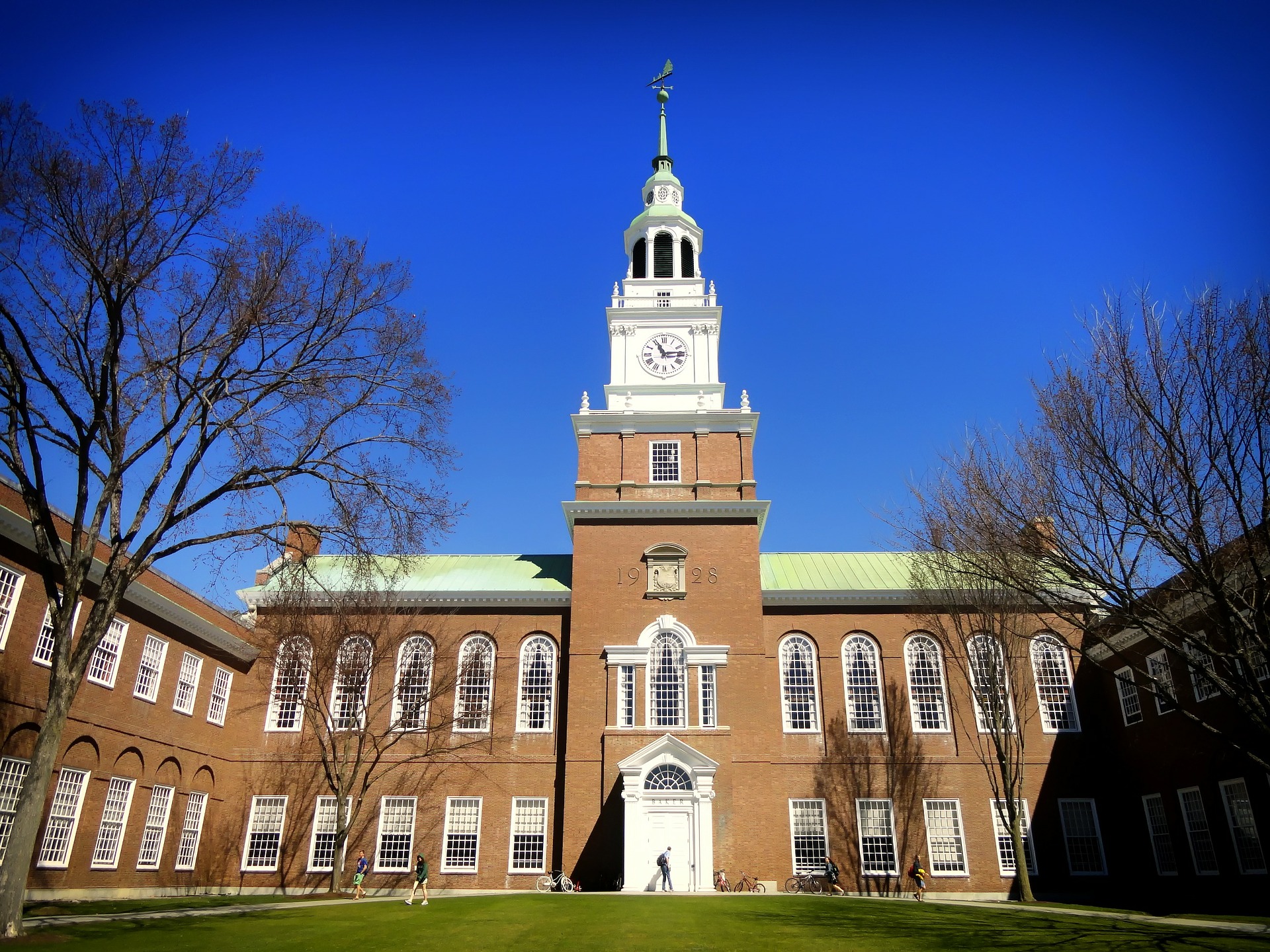Medical students at Dartmouth College who were investigated for cheating during their remote exams have alleged that the school coerced them into pleading guilty.
Last month, 17 students from Dartmouth’s Geisel School of Medicine were accused of accessing online course materials during virtual closed-book exams. Ten of these students were either expelled or suspended, while the others had their cases dismissed.
The school’s handling of the situation has prompted on-campus protests and letters of concern from faculty and student organizations who believe these students are bearing the brunt of a faulty online proctoring tool.
Dartmouth used the Canvas system to track student activity during remote exams without their knowledge. Since the software is not designed as a forensic tool, technology experts believe “It would be difficult for a disciplinary committee to distinguish cheating from non-cheating,” according to a report by The New York Times.
“If other schools follow the precedent that Dartmouth is setting here, any student can be accused based on the flimsiest technical evidence,” Cooper Quintin, a senior technologist who analyzed Dartmouth’s methodology, told The New York Times.
‘One of the Most Terrifying, Isolating Experiences of My Life’
The 17 accused said Dartmouth had sabotaged their efforts to defend themselves because they were required to respond within 48 hours.
This is exactly what I've heard from my friends there- seemingly punitive out of spite AND without legitimate evidence of cheating. Truly so unprofessional for the school to be doing this and antithetical to the values of medicine.
— Nali Julia Gillespie (@NaliJulia) May 9, 2021
First-year student Sirey Zhang said he was hamstrung by the school when he protested against the accusations. Zhang, who faces suspension, has filed an appeal.
“What has happened to me in the last month, despite not cheating, has resulted in one of the most terrifying, isolating experiences of my life,” Zhang told The New York Times.
In the wake of these events, dozens of Dartmouth medical students protested outside the Dean’s office against what they believe is an invasive, unfair, and inaccurate system to measure academic integrity.
Students carried signs reading “Transparency for our community” and “Students are not disposable” taking turns reading aloud a letter signed by 160 students.
Schools Abandoning Proctoring Software
A number of universities that used remote proctoring tools to gauge student activity during online exams have taken a step back after students and faculty cited privacy and accessibility concerns.
One of them, the University of Illinois Urbana-Champaign announced earlier this year that it will no longer use Proctorio, the popular online proctoring software, after 1,000 people signed a petition asking the university to discontinue the service.
Soon after, Miami University filed a federal lawsuit against Proctorio after one of its students, Erik Johnson, dug into the source code of Proctorio’s Chrome extension and posted a scathing criticism of the company’s privacy policies on Twitter.
“I’m doing this to stand up against student surveillance,” Johnson told The Verge.“If nobody calls out this abuse of power now, it’ll just keep happening,” he said.



